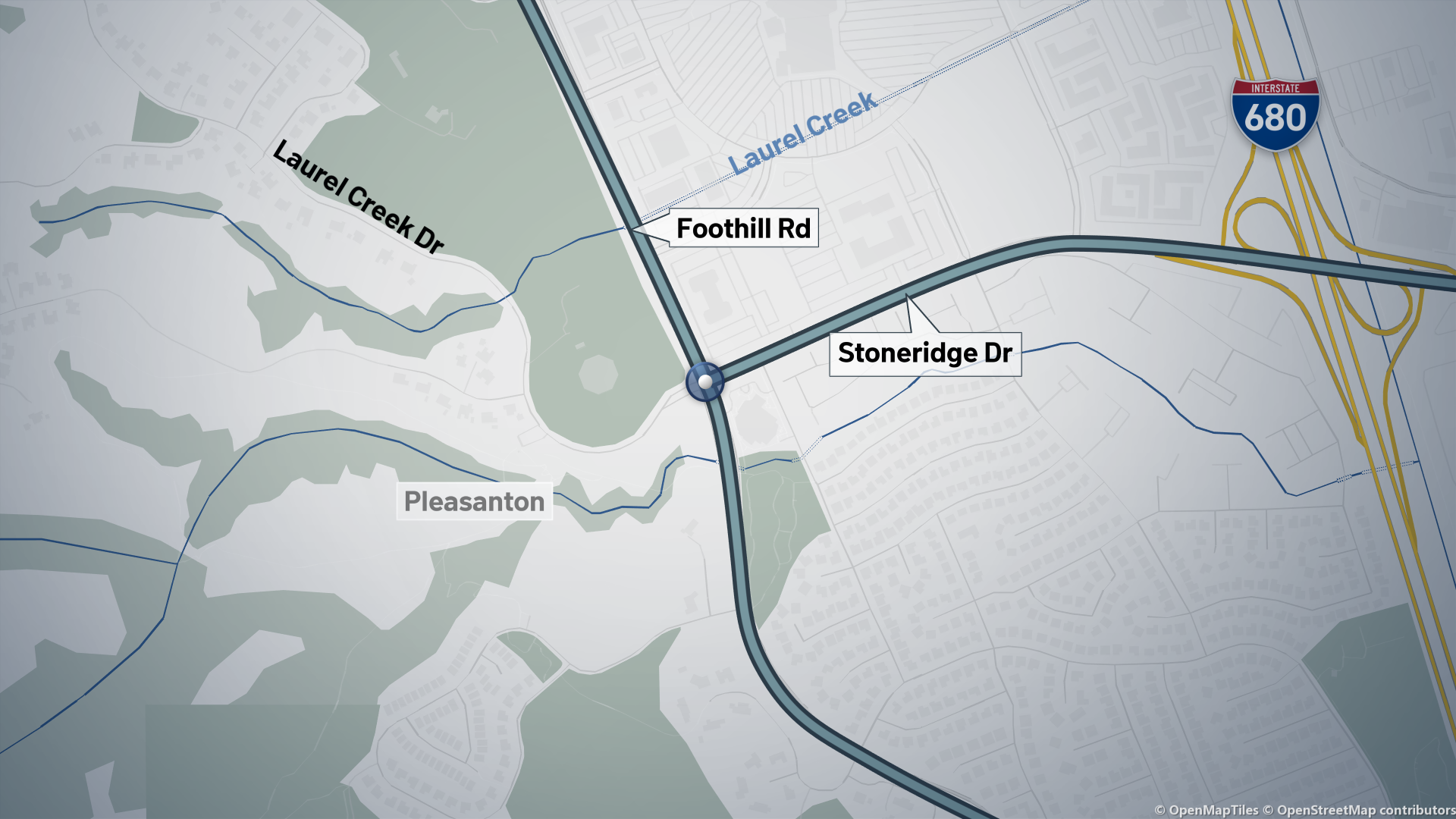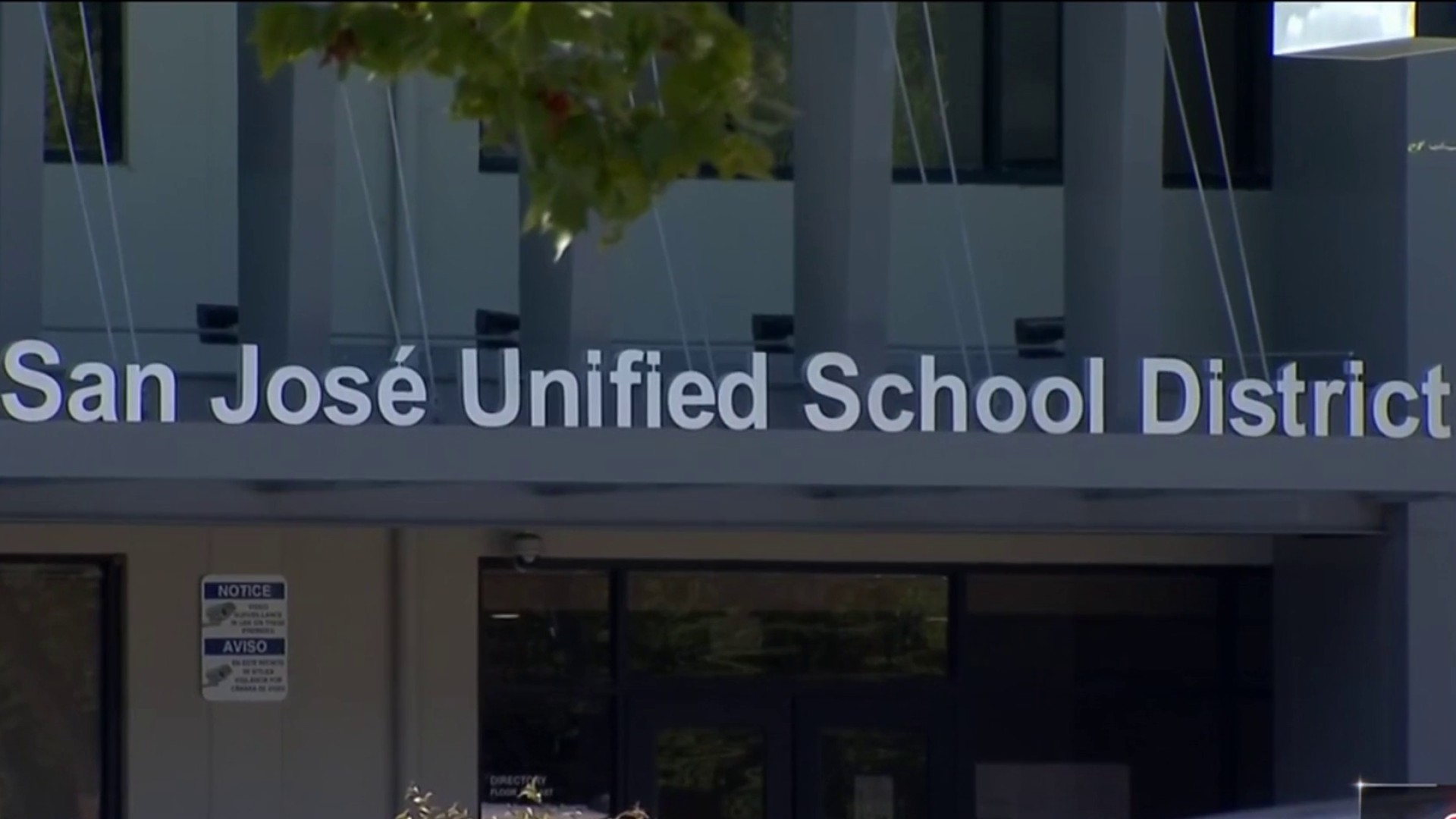Wearing a gray pinstriped suit with his hair gelled into a faux-hawk, Dhar Mann broke into a smile as an Oakland City Council member showed up for the grand reopening of his store, weGrow, known as the “Wal-Mart of weed.”
“Hey, man. How you doin’?” Mann said before clasping Councilman Larry Reid’s hand and pulling him in close for a chest bump, a videotape of the event shows.
On that sunny afternoon in 2010, Oakland was on track to become a hub for medical marijuana businesses. Like other city leaders, Reid – who was introduced by Mann as “Larry Weed” – saw giant pot farms as an untapped source of tax revenue for a perennially cash-strapped city.
That created an entrée for Mann to build his pot empire on the local political relationships that his parents, owners of the largest cab company in Oakland, had spent decades building.
From his first store in Oakland, Mann grew to become a national figure, expanding weGrow across the country. He was featured in “Green Rush,” a 2011 National Geographic documentary. But as federal raids threaten to topple the quasi-legal marijuana industry in California, Mann’s Midas touch in Oakland has lost its luster.
On May 17, Mann, now 28, was indicted on charges of defrauding the city of Oakland out of $44,000 in redevelopment grants. The Alameda County district attorney charged Mann with 13 felony counts, alleging that he paid contractors who fixed up old buildings less than he told the city he had – and pocketed the difference. A preliminary hearing in the case is scheduled for Monday.
Days after Mann’s indictment, city officials revoked a permit to open a new medical marijuana dispensary granted to G8 Medical Alliance, a business registered to Mann and led by people who worked with weGrow and his real estate company, MannEdge Properties.
Local
Mann did not respond to repeated requests for comment or detailed questions sent via email about his relationships with Oakland politicians. Newly obtained emails and a police report, however, offer hints of Mann’s close relationship with Reid – now the City Council president – and other city leaders.
Mann grew up around the city’s leaders. Reid had been a critic of medical marijuana, but when Mann opened weGrow near the Oakland airport, in Reid’s council district, Reid was supportive.
“Dhar is probably one of the smartest and brightest young men I know,” Reid said before the May indictment. “He came up with a concept that everybody thought was interesting and unique, and he was the focus of attention across the country.”
Reid also looked out for Mann. An April 2, 2010, police report shows Reid tipped off Christopher Miller, a friend and employee of Mann’s, about an Oakland police raid of his marijuana-growing operation.
The councilman says he simply confirmed with police that the raid was in progress and then told Miller, through Mann, “to go to his house and deal with the issue and get a lawyer.”
“I would do that for any constituent,” Reid said. But Councilwoman Jane Brunner said she had never heard of city council members taking similar action during police raids.
When election season came, Mann advised liquor scion Ben Bronfman, who was seeking one of the city’s scarce pot farm permits, to donate heavily to Reid’s re-election campaign, according to an email Mann sent Bronfman on Sept. 10, 2010.
“The reason I would go heavy is Reid has the largest commercial district in the City of Oakland, and most groups looking for space end up in his district, who are all trying to win over his favoritism,” Mann wrote in the email sent one month before the weGrow reopening celebration.
Bronfman, constant tabloid fodder because of his relationship with rapper M.I.A., later abandoned his Oakland plans and now is focusing on green technology. Bronfman said he was reluctant to speak for any story that might cast medical marijuana in a negative light.
2010 Campaign Donations
The rush to get a piece of the marijuana business in Oakland coincided with the 2010 city election, including a hotly contested three-way mayoral race with then-City Councilwoman Jean Quan, former state Sen. Don Perata and Councilwoman Rebecca Kaplan.
Quan received at least $5,300 from businesses, employees and people with ties to weGrow, Mann’s real estate company and the family’s taxi company. Perata got $7,100, including a $5,000 donation from Navjoyt Nagra, Mann’s friend and banker, to a political action committee that supported Perata. Mann himself was not a big individual giver.
In addition, Councilwoman Desley Brooks received $1,900 from businesses, employees and others with ties to weGrow and the family’s taxi company.
When Bronfman decided to test the medical marijuana market that fall, he turned to Mann. He agreed to pay $50,000 to the consulting firm of Mann and former business associate Derek Peterson, according to a lawsuit filed by Peterson – who claimed he didn’t get his share of the fee. “I can handle all of your lobbying, I just need a budget and a face,” Mann wrote to Bronfman in the September 2010, email.
Mann was never registered as an Oakland city lobbyist, according to filings with the city. Mann also urged Bronfman’s team to donate to several campaigns.
Although the individual campaign contribution limit is $700 per candidate, in the email, Mann advised Bronfman that his team could write checks to the same candidate from different entities.
Under California campaign finance law, it is illegal to circumvent campaign limits by making donations through multiple accounts if they are all controlled by one individual or business, according to Bob Stern, a campaign finance expert.
Campaign records indicate that in the end, Bronfman made one $700 donation to Kaplan under his name.
Las Vegas Trips
Mann is known for his work hard, party hard ethic. That extended to his car of choice at the time, a black BMW M5 sports car, and his frequent trips to Las Vegas.
In May 2010, De La Fuente, of the Oakland City Council, was in the midst of arranging a sit-down with Mann and representatives of other taxi companies battling over permits. In an email, Mann mentioned that he planned to book a flight to Vegas for De La Fuente.
“Hey good seeing you today,” Mann wrote on May 13 to De La Fuente’s scheduler Michael Hunt. “I was going to book Ignacio’s flight to Vegas on Saturday, May 29-Monday, May 31. Can you confirm that works for him? And also what’s the spelling of his name for the flight?”
Later that day, De La Fuente’s scheduler responded. “Ignacio said he would give you a call later today to give you final confirmation on travel for May 29-31,” the scheduler wrote. “The full spelling of his name would be IGNACIO DE LA FUENTE.”
The councilman said he never took the trip. “I’m not stupid enough to do that,” De La Fuente said.
Another influential city official acknowledged that he spent time with Mann in Las Vegas.
Deputy City Administrator Arturo Sanchez – who oversees the pot permit application process – said he used to be friends with Mann and did run into him in Las Vegas on one occasion. But he said he “never gambled with Dhar.”
Hunt, a former aide to De La Fuente who worked for weGrow in 2010, said Mann didn’t necessarily have any special advantage with city leaders because of his parents’ close relationships with them.
“But the manner in which (Mann) has attempted to highlight and capitalize on those relationships,” Hunt added, “probably attracted as many people to him as were scared away because of any lingering gray area or questions of ethics.”
This story was edited by Amy Pyle and Robert Salladay and copy edited by Nikki Frick and Christine Lee. The Bay Citizen is part of the independent, nonprofit Center for Investigative Reporting, the country’s largest investigative reporting team. For more, visit www.baycitizen.org. Elinson can be reached at zelinson@baycitizen.org.



